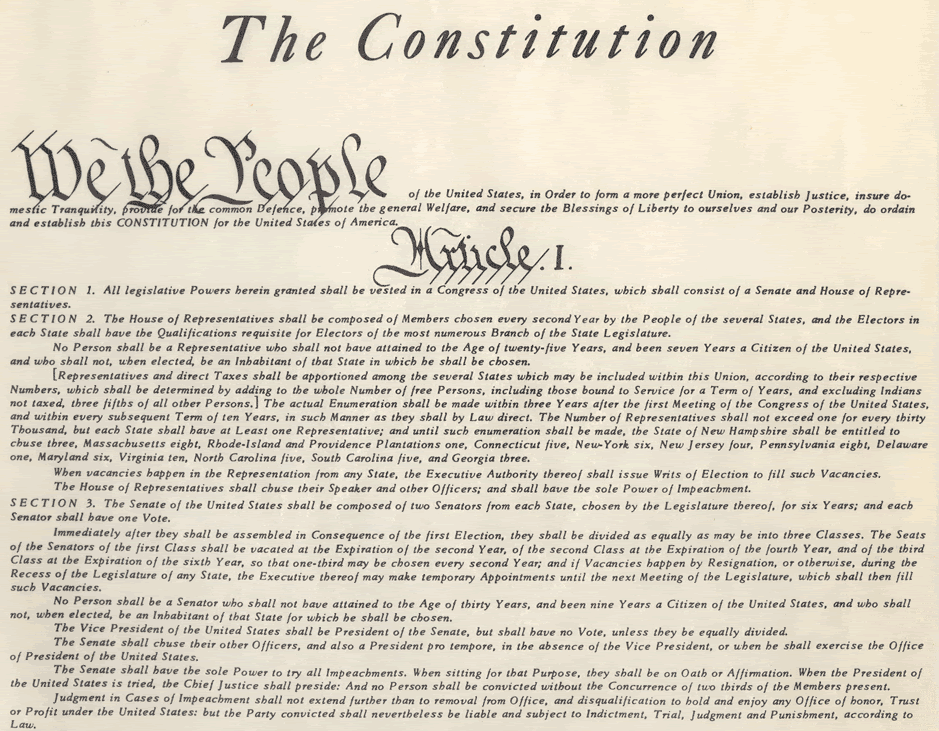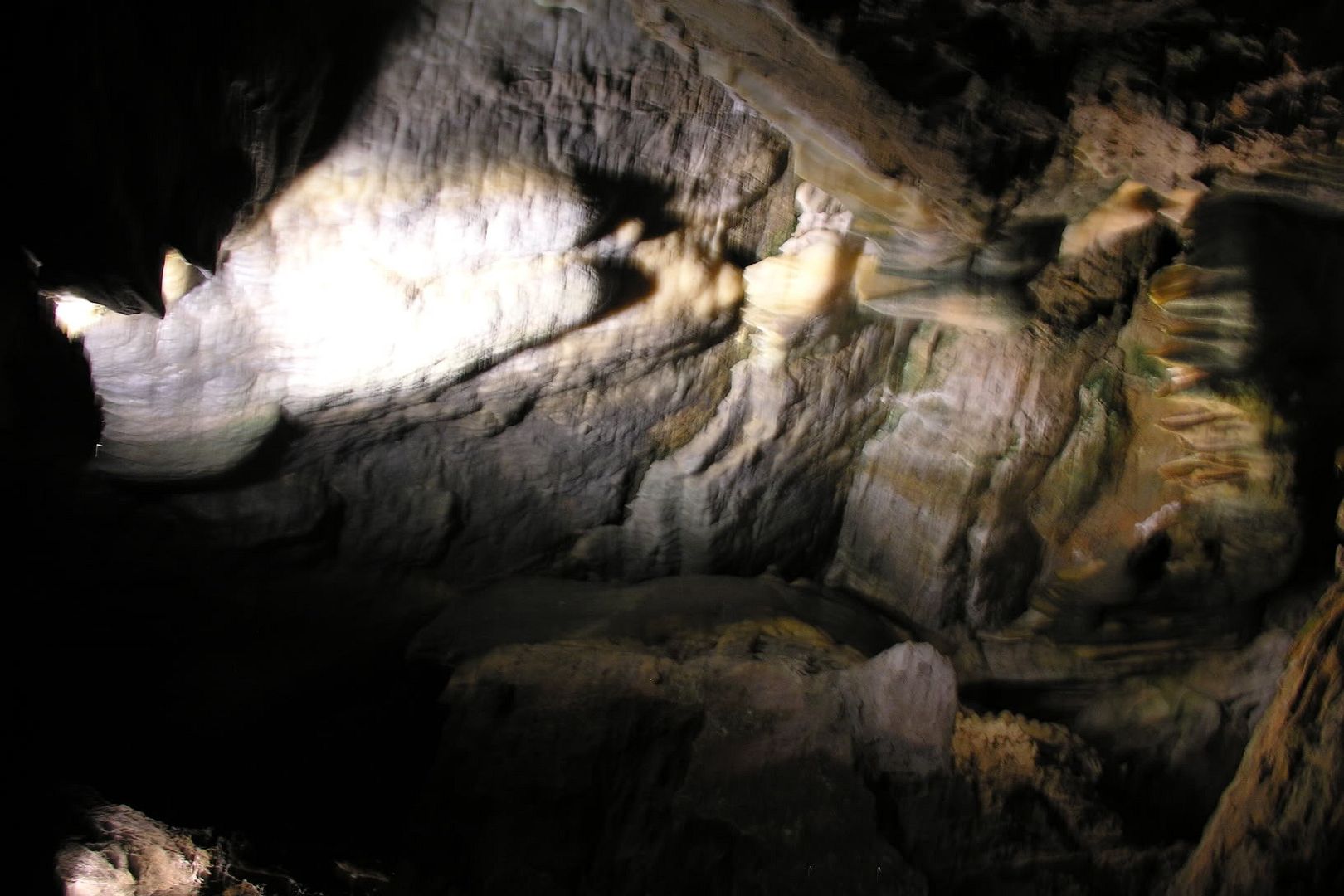or The Really Real Reason Why ’08 Is the Most Important Election Ever
I’ve been around this big orange block long enough to know that writing a conspiracy-theory diary ain’t a real good idea if you’re not hungry for donuts, but some things…well, they may be out on the edge of non-paranoid discourse, but don’t really fall under the category of “conspiracy.” I’ve scoured the FAQ for any mention of “prophecy,” for example, and have found neither reference nor prohibition. That makes me glad, because it’s to the arcane world of divination that I must now turn: it falls to me, it seems – your resident historioranter-cum-Cassandra – to alert our community to the most important hitherto-unmentioned aspect of the job facing whoever is elected in November.
The person we place in the White House this year will be the one sitting there, either as a lame duck or a president-re-elect, on December 21st, 2012. This has special significance, since a great many prophecies seem to converge on that particular day – it’s been slated to be the End of the World by seers from Ancient Mexico to Renaissance France.
In short, the next President will be in office when life as we know it comes to an end.


 In one of those synchroncities that sometimes occur in life, shortly before I began to hear about the current unrest in Tibet, I had begun to read a book called
In one of those synchroncities that sometimes occur in life, shortly before I began to hear about the current unrest in Tibet, I had begun to read a book called 
